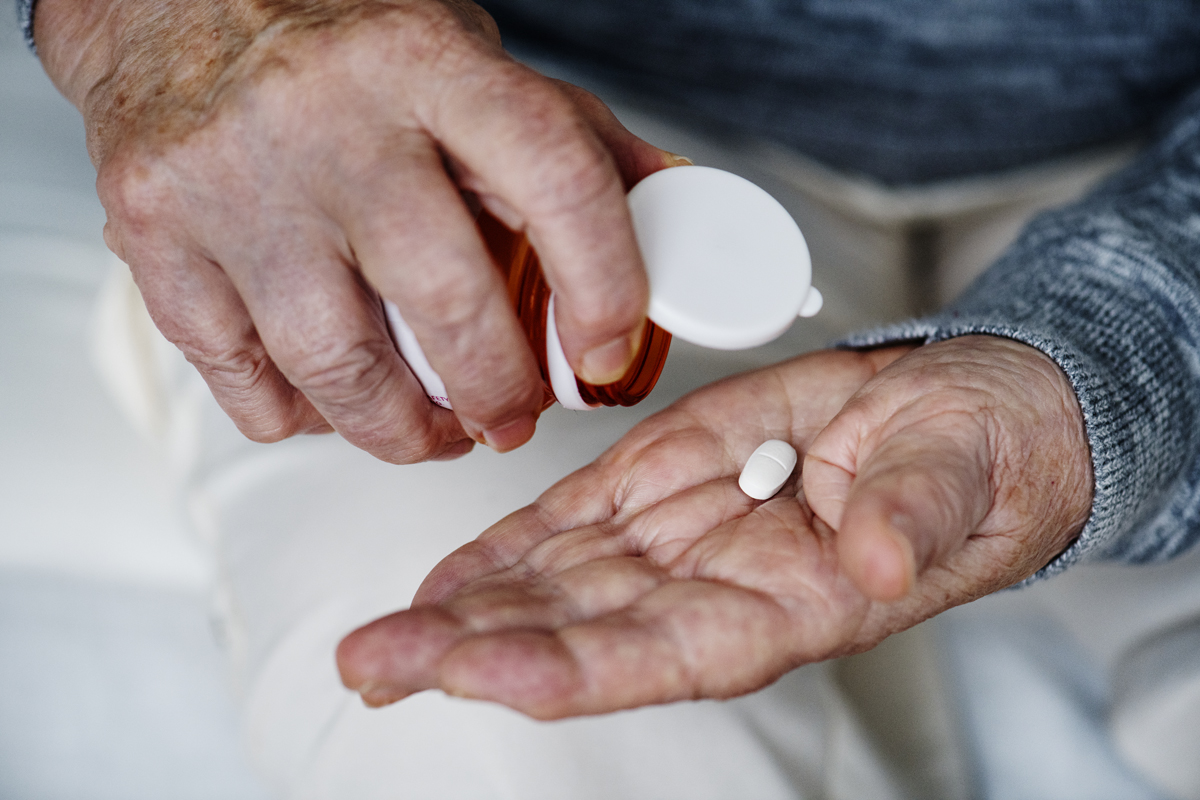
A study led by IDIAPJGol has demonstrated the effectiveness of educational interventions in nursing homes for reducing the unnecessary use of antibiotics in this environment. The research, recently published in European Geriatric Medicine, shows the effectiveness of delivering a training session of just two hours for professionals, focused on antibiotic diagnosis and use, infection management according to updated guidelines, and infection prevention and control measures. The study was carried out in 34 nursing homes located in four regions of Spain: Catalonia, Madrid, the Canary Islands, and Aragon.
During the first assessment, before the training intervention, 1,003 infections were recorded in these nursing homes, mainly urinary and respiratory. In the second audit, after the training was delivered, the number dropped to 789. This intervention translated into a significant reduction in antibiotic prescriptions and, at the same time, better appropriateness of prescriptions, both for respiratory and urinary infections, which are the most common in nursing homes.
The number of antibiotic prescriptions for respiratory infections decreased by 15.2 %. The potentially inappropriate use of antibiotics for urinary infections dropped from 70.3 % before the intervention to 59.9 % afterwards, and for respiratory infections, from 46.3 % to 31 %.
Despite these improvements in prescribing practices, the study found that the intervention did not have a significant effect on hygiene practices, which remained unchanged. Moreover, the study concludes that more intensive and continuous programmes are needed to further reduce antibiotic prescribing for mild infections in nursing homes.
Too many antibiotics
In many nursing homes, antibiotics are prescribed inappropriately, without a clinical diagnosis to justify their use. This practice, often based on suspicion or non-specific symptoms, promotes overtreatment and contributes to increasing antimicrobial resistance.
The World Health Organization included antimicrobial resistance among the top ten global health threats in 2019.
The project’s lead researcher, Carl Llor, points out that “programmes promoting the responsible use of antibiotics are important in all settings, but they are especially necessary in nursing homes, where the consumption of these drugs is particularly high.”
IMAGINE-EU
The study team is part of the coordination of the European consortium IMAGINE-EU, which focuses on infection prevention and the reduction of inappropriate antibiotic use in nursing homes. The project is being evaluated in eight European countries (Denmark, Slovakia, Slovenia, Spain, Greece, Hungary, Lithuania, and Poland). The study’s results will be presented at the project’s final conference, to be held on 12 December in Barcelona.
Article reference
Monfà R, García-Sangenís A, Morros R, Zárate Sáez CM, Mateos-Nozal J, Vaquero Pinto MN, Sáez Bejar C, López Pérez E, Rodríguez Jiménez C, Magallón-Botaya R, Matovelle P, Navarro Sanmartín A, Llor C. The impact of a multifaceted intervention on antibiotic use for common infections in nursing homes in Spain. A before and after study. Eur Geriatr Med. 2025 Aug;16(4):1465-1473. doi: 10.1007/s41999-025-01193-0. Epub 2025 Apr 22. PMID: 40261575; PMCID: PMC12378843.